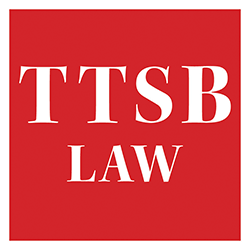Many people in Oklahoma understand that a criminal record may show up on a background check and affect the decision of an employer or landlord. However, these collateral consequences may be only the beginning when it comes to the long-term effects of a criminal conviction.
According to the U.S. Commission on Civil Rights, there are over 44,000 collateral consequences for various convictions across the country. These are not direct penalties for a conviction, such as a prison sentence or a fine; they are sanctions and disqualifications that apply after a person has supposedly finished paying the “debt to society.” Some of these are local, some state and some federally imposed, while some are imposed at the discretion of the judge hearing the case.
In some cases, the consequence is directly related to the criminal offense. For example, a person who is driving impaired and causes a fatal accident may have a driver’s license revoked for a significant period of time. However, many collateral consequences do not protect public safety or prevent further crime. They simply keep someone from successfully rejoining society.
The American Bar Association reports that formerly incarcerated people may find it difficult or impossible to obtain higher education due to a lack of access to financial aid, and they may also be banned from a wide range of careers. On average, a male who has been incarcerated may earn 40% less than those who have no criminal conviction. However, these individuals are also not typically eligible for any type of assistance for food or housing, leaving them and their families at risk of extreme poverty.
Because there are so many collateral consequences, and there is no requirement for judges or prosecutors to disclose these when offering a plea deal or discussing a sentence, it is essential for people facing charges to ask questions and uncover any negative outcomes that may otherwise not be revealed.

